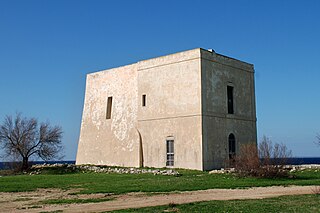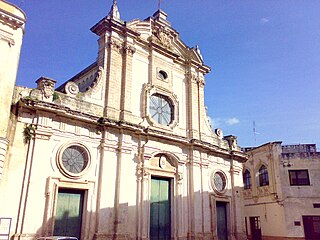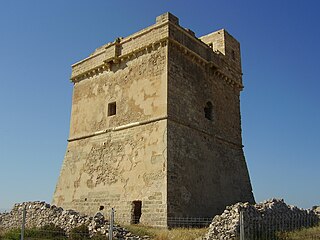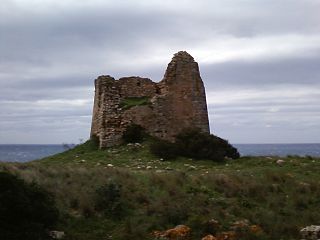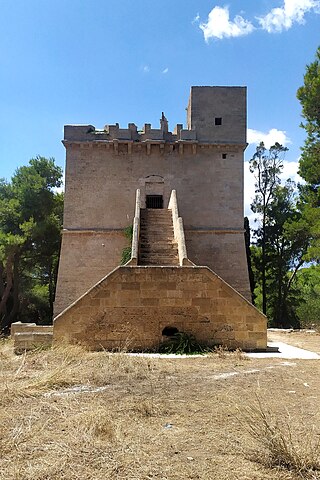5 Sights in Nardò, Italy (with Map and Images)
Legend
Welcome to your journey through the most beautiful sights in Nardò, Italy! Whether you want to discover the city's historical treasures or experience its modern highlights, you'll find everything your heart desires here. Be inspired by our selection and plan your unforgettable adventure in Nardò. Dive into the diversity of this fascinating city and discover everything it has to offer.
1. Torre Inserraglio
Torre Inserraglio is a seaside resort in the Ionian Sea and a hamlet of the municipality of Nardò, in the province of Lecce. It is located on the coastal road between Porto Cesareo and Gallipoli, between Sant'Isidoro and Porto Selvaggio, and is also known by the names of "Crito" and "Creto", Salento dialect words that derive from the "critmo" plant, better known as "St. Peter's grass", "frangisassi" or "sea fennel").
2. Basilica cattedrale di Santa Maria Assunta
Nardò Cathedral is a Roman Catholic cathedral in the town of Nardò, province of Lecce, region of Apulia, Italy, dedicated to the Assumption of the Virgin Mary. Formerly the seat of the bishops of Nardò, since 1986 it has been the episcopal seat of the diocese of Nardò-Gallipoli.
3. Torre Squillace
Torre Squillace, locally also called Li Scianuri or Li Scianuli, is a coastal tower in Salento located in the northern end of the municipality of Nardò, on the border with the municipality and the marine protected area of Porto Cesareo.
4. Torre Uluzzo
Torre Uluzzo, or Crustano, is a coastal tower in Salento located in the municipality of Nardò and falling within the Park of Porto Selvaggio and Palude del Capitano. Smaller than the other surrounding towers, it was erected in the second half of the sixteenth century with defensive functions, at the behest of Alfonzo de Salazar, by the Neretino master Leonardo Spalletta.
5. Torre Santa Caterina
Torre Santa Caterina is a coastal tower in Salento located in the municipality of Nardò in the locality of Santa Caterina. Located at about 60 m above sea level, surrounded by a dense pine forest, it was built in the sixteenth century with defensive functions to make the coasts of the Salento peninsula safer.
Share
How likely are you to recommend us?
Disclaimer Please be aware of your surroundings and do not enter private property. We are not liable for any damages that occur during the tours.
